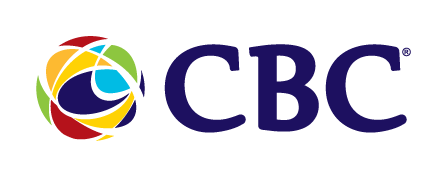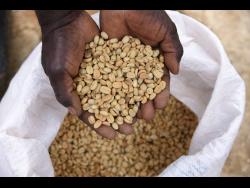
Jamaica hopes to keep its luxury coffee exports to Japan on par with previous years, but the latest data shows its losing ground to coffee imports from richer non-coffee producing nations.
Jamaica exports most of its coffee to Japan, the world’s third largest economy.
But Japan now imports more coffee from Germany or Italy or Iran than from Jamaica – a shift that happened in 2019, according to latest UN International Trade Centre data. ITC collates official data from state bodies across the world.
“These countries are large traders of coffee, so it is secondary trades,” said coffee aficionado Jason Sharp, director of Coffee Traders Limited.
He added that the shift is not a threat, because the countries trade commodity coffees, or cheaper coffee, while Jamaica trades in a niche luxury segment.
“It’s commercial coffee, and also a lot of roasted coffee brands like Lavazza, Segrafreda, Lily and so on,” said Sharp.
Jamaica exported US$7 million of its US$15 million worth of coffee to Japan in calendar 2019, according to ITC. Jamaica Coffee Exporters Association, JCEA, says the value was US$10 million for the crop year, which has a different timeline and starts in the summer.
Regardless of the figure, exports to Japan are down, by at least one-third this year, but also by around 21 per cent over five years. This movement is four times faster than the overall decline in Japanese consumption of coffee, which was down five per cent over the five years.
Within the same periods, coffee sold to Japan by non-producer Germany grew 365 per cent last year to US$9.2 million and, by 78 per cent over five years.
The JCEA met last week with a key group of about one dozen buyers from Japan, in their annual buying ritual.
“We will now break out to have discussions with the individual buyers over the next two months, but the tone of the meeting appears that they would buy at least the same quantity as last year,” said president of the JCEA Norman Grant. “So, we will now be engaging the buyers to finalise our contracts,” said Grant, who also manages Mavis Bank Coffee Factory, producer of Jablum coffee.
The meeting usually happens each year, with key players flying to Tokyo for lengthy talks with buyers. This year, due to the pandemic, it was held online, said Grant.
The recent rains damaged up to J$200 million worth of coffee grown in the Jamaica Blue Mountains. Most of the losses relate to the ripe berries beaten off the coffee trees by rain, loss of coffee trees due to landslides, and spoilage, and increased transport costs due to the blocked roads caused by landslides.
Japan imported US$1.7 billion worth of coffee from around the world in 2019.
All of the top 10 imported coffee into Japan comes from developing nations. Brazilian coffee leads with 23 per cent share, valued at US$400 million; followed by China at 12 per cent, worth US$200 million; and Colombia at 11 per cent or US$197 million. Others rounding out the top 10 are Vietnam, Indonesia, Guatemala, Ethiopia, India, Sri Lanka and Tanzania.








